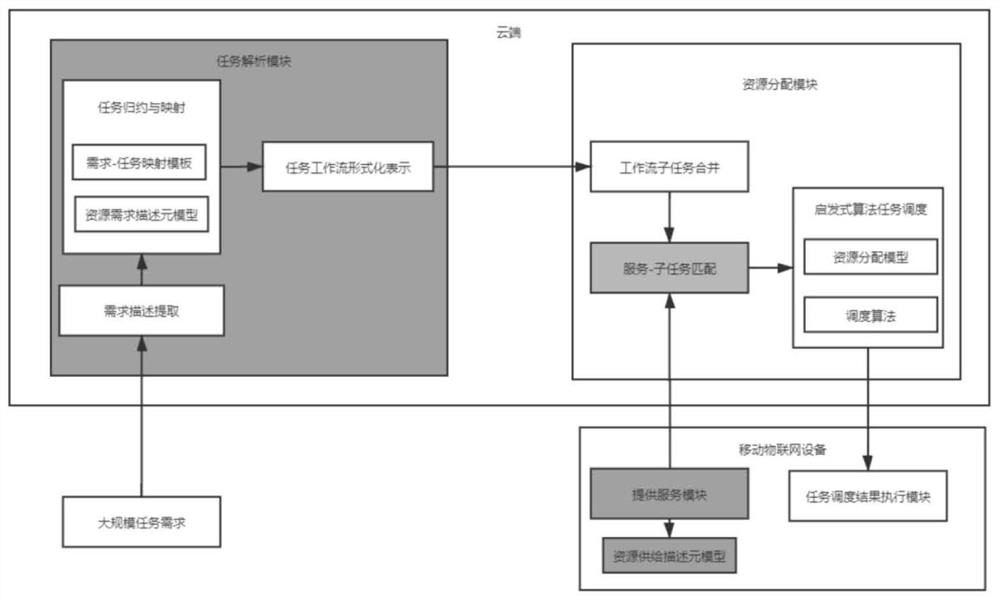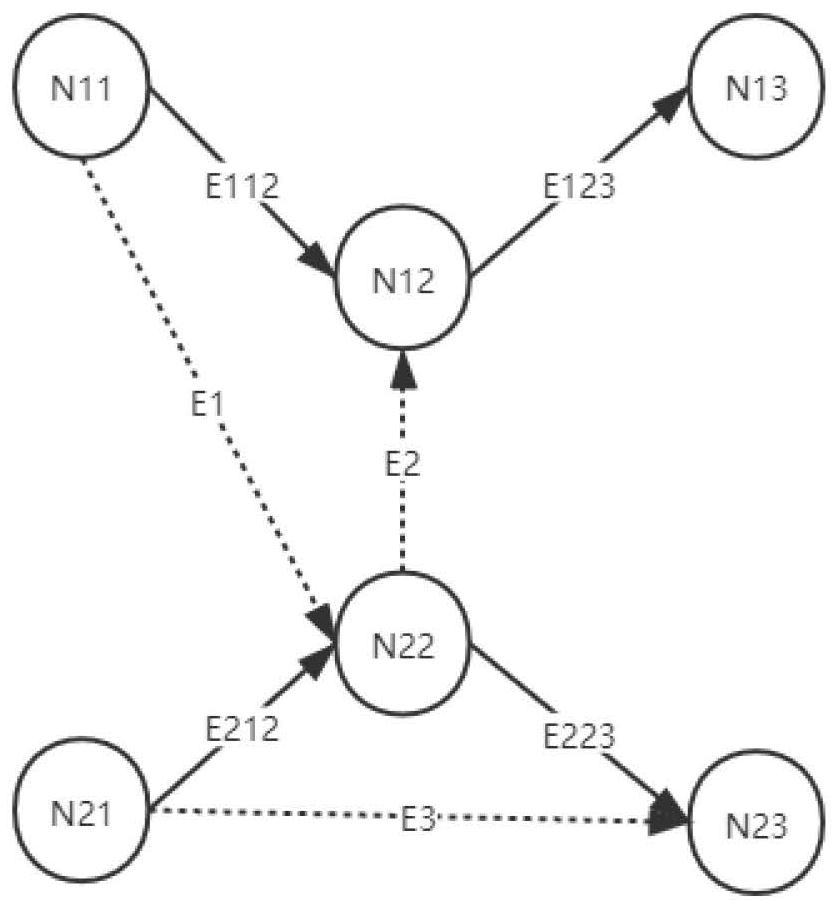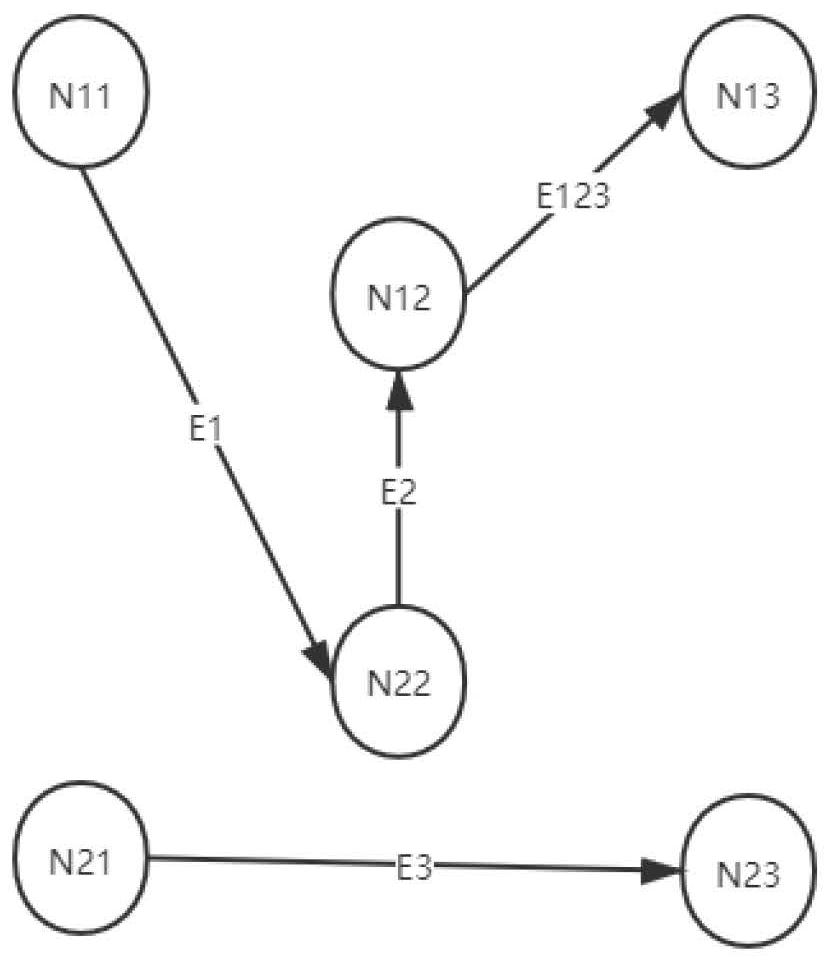Task analysis and resource allocation method and system based on formalized model
A technology for resource allocation and tasks, applied in the field of computer science, can solve the problems of low task completion rate of edge nodes, unbalanced load, increased leakage of user privacy data, etc., and achieves the effect of good scalability
- Summary
- Abstract
- Description
- Claims
- Application Information
AI Technical Summary
Problems solved by technology
Method used
Image
Examples
Embodiment 1
[0051] According to a formal model-based task analysis and resource allocation method provided by the present invention, it includes:
[0052] Step S1: The task analysis module analyzes the task requirements, and formally expresses the task requirements in the form of task workflow;
[0053] Step S2: The resource allocation module merges the formalized task workflow based on reducing the total amount of resources consumed by the workflow to obtain the combined task workflow;
[0054] Step S3: abstract the resource capability of the mobile terminal device into a meta-model, and perform service registration on the cloud;
[0055] Step S4: Based on the merged task workflow and services registered in the cloud, use a heuristic algorithm to schedule and match tasks;
[0056] Step S5: The mobile terminal device executes the task according to the scheduling matching result.
[0057] Specifically, the step S1 includes:
[0058] Step S1.1: Use the method of combining pattern matchin...
Embodiment 2
[0082] Embodiment 2 is a preferred example of embodiment 1
[0083] In order to solve the task and resource management problems existing in mobile edge computing, the present invention proposes a formal model-based task analysis and resource allocation method for cross-domain resource collaboration. The method is mainly divided into three modules, task parsing module, resource allocation module and mobile Internet of Things device module.
[0084] The task parsing module is used to abstract a batch of tasks into a resource requirement description meta-model, and the mobile Internet of Things device module is used to abstract the device's ability to provide resources into a resource supply description meta-model and issue tasks. The resource allocation module is a combination of these Two models implement heuristic algorithms to generate task allocation plans for the final execution of tasks. This method can reduce the overhead of repeated task parsing and find a relatively op...
Embodiment 3
[0096] Embodiment 3 is a preferred example of embodiment 1 and / or embodiment 2
[0097] The content of the present invention will be described in detail below in conjunction with specific implementation methods. Because this invention mainly protects the task matching method based on mobile edge computing, and each module in the system has various implementation methods, so only one feasible strategy is given.
[0098] Such as Figure 1-5 As shown, the system architecture of the present invention is divided into three parts:
[0099] Task analysis module: used to analyze large-scale task requirements and formalize task workflow;
[0100]Resource allocation module: used to combine formalized workflows and match services with subtasks;
[0101] Mobile IoT device module: the carrier of task execution;
[0102] Specifically, the task parsing module includes the following:
PUM
 Login to View More
Login to View More Abstract
Description
Claims
Application Information
 Login to View More
Login to View More - R&D
- Intellectual Property
- Life Sciences
- Materials
- Tech Scout
- Unparalleled Data Quality
- Higher Quality Content
- 60% Fewer Hallucinations
Browse by: Latest US Patents, China's latest patents, Technical Efficacy Thesaurus, Application Domain, Technology Topic, Popular Technical Reports.
© 2025 PatSnap. All rights reserved.Legal|Privacy policy|Modern Slavery Act Transparency Statement|Sitemap|About US| Contact US: help@patsnap.com



